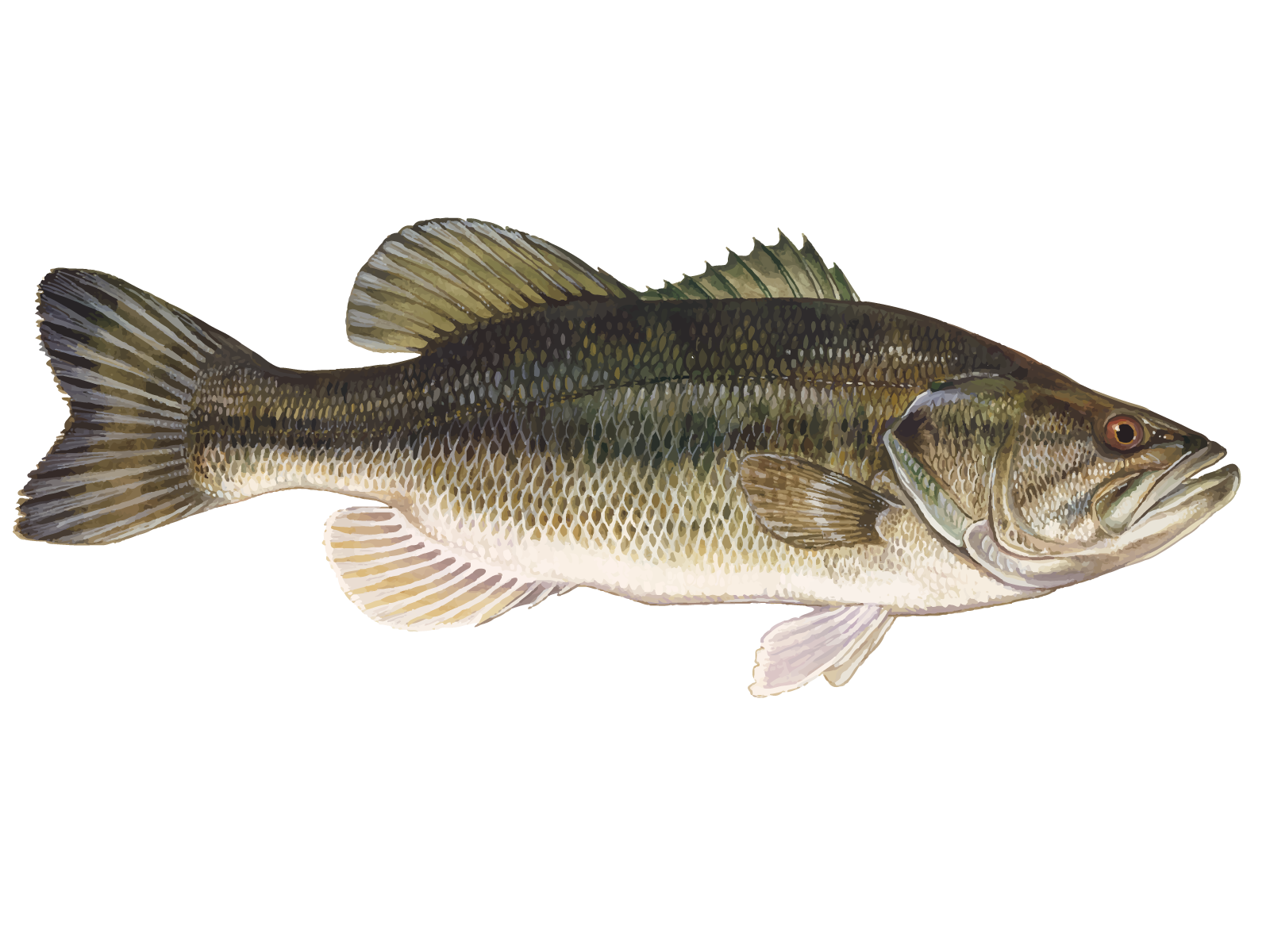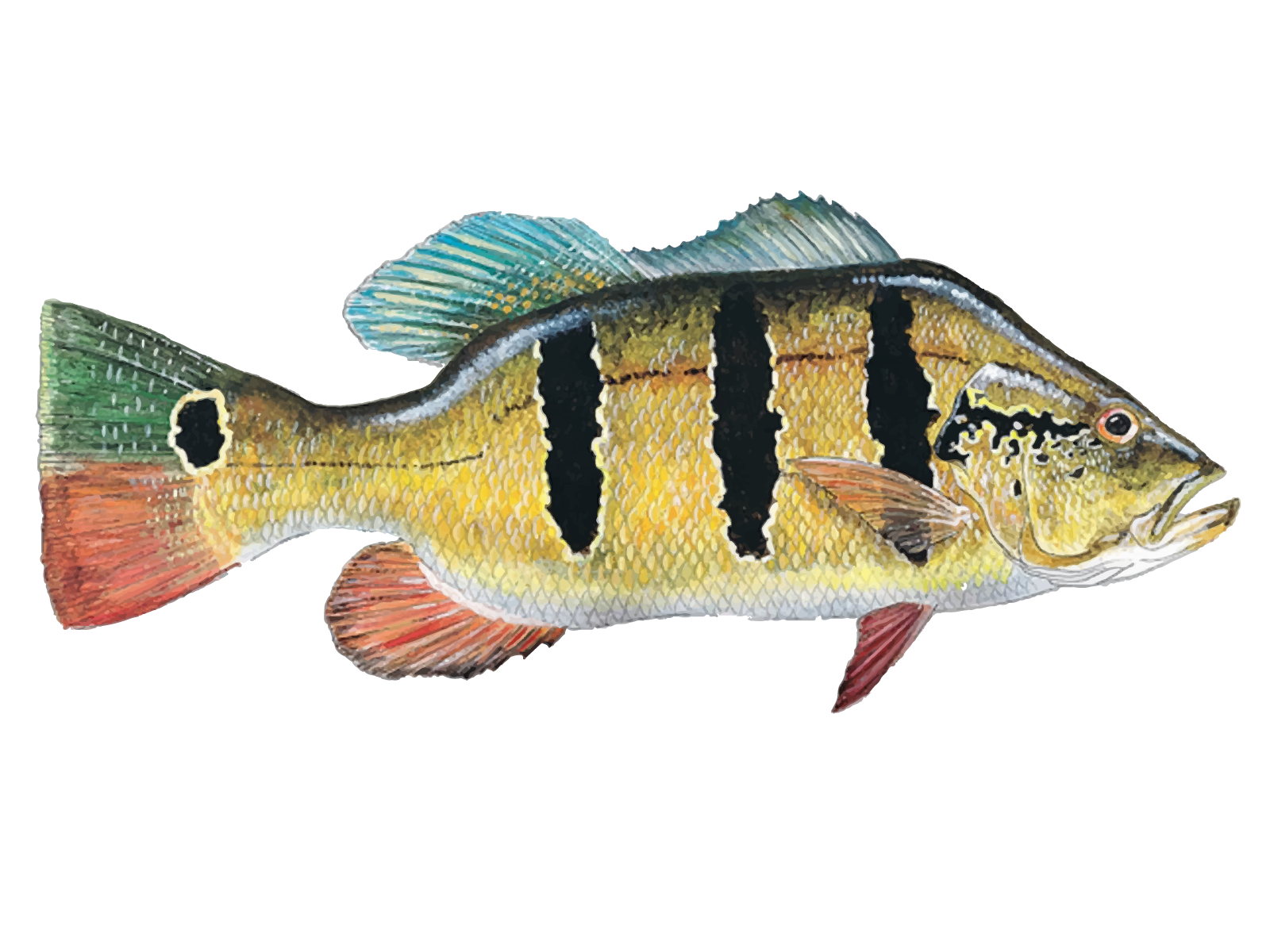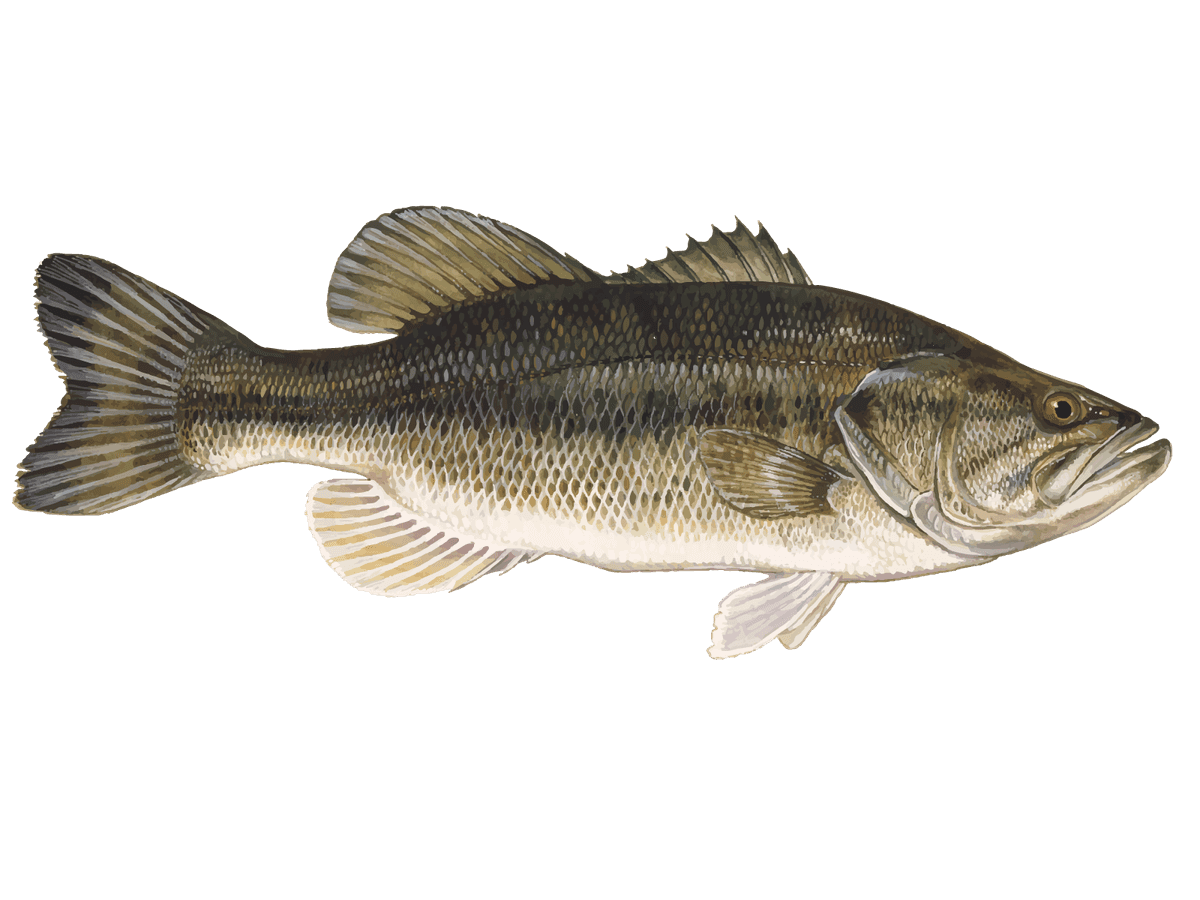/users/598830e2-ca60-4842-b134-174b978e5b14/ratecard/snapins-ai_3673867580621890756-mhelndrt.jpg)
%2F300x300%2Fusers%2F598830e2-ca60-4842-b134-174b978e5b14%2Fratecard%2Fsnapins-ai_3673867580621890756-mhelndrt.jpg&w=256&q=75)
%2F300x300%2Fusers%2F598830e2-ca60-4842-b134-174b978e5b14%2Fimages%2Fcobia-catch-florida-2538.jpg&w=256&q=75)
%2F300x300%2Fusers%2F598830e2-ca60-4842-b134-174b978e5b14%2Fimages%2Ffishing-tours-homestead-2498.jpg&w=256&q=75)
%2F300x300%2Fusers%2F598830e2-ca60-4842-b134-174b978e5b14%2Fimages%2Fhomestead-redfish-catch-2532.jpg&w=256&q=75)
%2F300x300%2Fusers%2F598830e2-ca60-4842-b134-174b978e5b14%2Fimages%2Fgreat-fishing-trip-homestead-2454.jpg&w=256&q=75)
%2F300x300%2Fusers%2F598830e2-ca60-4842-b134-174b978e5b14%2Fimages%2Ffishing-adventure-homestead-2467.jpg&w=256&q=75)
%2F300x300%2Fusers%2F598830e2-ca60-4842-b134-174b978e5b14%2Fimages%2Fspotted-weakfish-fl-fishing-2430.jpg&w=256&q=75)
%2F300x300%2Fusers%2F598830e2-ca60-4842-b134-174b978e5b14%2Fimages%2Fredfish-catch-homestead-2552.jpg&w=256&q=75)
%2F300x300%2Fusers%2F598830e2-ca60-4842-b134-174b978e5b14%2Fimages%2Ffishing-expedition-homestead-2592.jpg&w=256&q=75)
%2F300x300%2Fusers%2F598830e2-ca60-4842-b134-174b978e5b14%2Fimages%2Ffishing-homestead-2536.jpg&w=256&q=75)
%2F300x300%2Fusers%2F598830e2-ca60-4842-b134-174b978e5b14%2Fimages%2Fspotted-weakfish-homestead-fishing-2609.jpg&w=256&q=75)
Expert-Guided Biscayne Bay Fishing | 6hr Charter
What you will be catching:
 Bonefish
Bonefish Cobia
Cobia Largemouth Bass
Largemouth Bass Peacock Bass
Peacock Bass Permit
Permit
- 6-hour private charter for 2 guests in Biscayne Bay
- 17' Maverick skiff targets seatrout, snook, and mangrove snapper
- All equipment, licenses, and refreshments included onboard
Trip Pricing and Availabilities:
Trip pricing information is temporarily unavailable.
Biscayne Bay: 6 Hours of Inshore Action
Ready for a full day chasing fish in Miami's backyard? This 6-hour trip into Biscayne Bay puts you right where the action is. We'll be running and gunning on a nimble 17' Maverick skiff, perfect for sneaking into those skinny water honey holes where the big boys hide. Whether you're looking to sight fish for tailing bonefish on the flats or work mangrove shorelines for snook, we've got you covered. Grab a buddy and let's hit the water!
What to Expect on the Water
We'll start the day early, meeting up at the marina while it's still cool. After a quick rundown on the game plan, we'll load up the skiff and zip out into the bay. Biscayne's a big place, so having six hours gives us plenty of time to explore. We might start by hitting some grass flats for seatrout, then move to deeper channels as the sun gets higher. If the tide's right, we could spend an hour or two poling along mangrove islands, trying to ambush laid-up snook. The beauty of inshore fishing is how quickly things can change – one minute you're casting to rolling tarpon, the next you're battling a bull redfish that came out of nowhere. I'll bring all the gear and bait we need, plus a cooler stocked with ice and water to keep us going. Just remember to pack some snacks and sunscreen, 'cause once we're on the fish, you won't want to head in early!
Techniques & Terrain
Biscayne Bay fishing is all about versatility. We'll use a mix of live bait and artificial lures, adapting to what the fish want on any given day. For flats fishing, we might throw soft plastics or small bucktail jigs, working them slowly across grass beds or sandy potholes. When we're targeting snook or tarpon around structure, live pilchards or finger mullet are often the ticket. I'll show you how to work a topwater plug – there's nothing like seeing a big snook explode on a surface lure at dawn. The 17' Maverick is perfect for this kind of fishing. It's got a super shallow draft, letting us access skinny water areas other boats can't reach. We can also use the polling platform to silently stalk fish in ultra-clear water. Whether you're a seasoned pro or just getting started, I'll make sure you're comfortable with the techniques we're using and help you dial in your presentations.
Top Catches This Season
Biscayne Bay's been on fire lately. We've been crushing the seatrout on the grass flats, with quite a few gator trout in the 20-inch plus range coming aboard. The mangrove snapper bite has been insane around the channel markers and bridge pilings – great eating if you want to take a few home for dinner. Snook fishing's been steady, especially early morning and late afternoon around mangrove shorelines. And for you permit fanatics out there, we've been spotting some big schools cruising the ocean-side flats on incoming tides. It's technical fishing, but man, when you hook into one of those silver dollars, it's a whole different ballgame!
Species You'll Want to Hook
Permit: These wary giants are the holy grail of flats fishing. Permit cruise the shallows in small groups, often tailing as they root for crabs in the bottom. They've got eyes like eagles and spook at the slightest mistake, making them an addictive challenge for sight-casting anglers. Spring and early summer are prime time as permit move into the bay to spawn. When you hook one, be ready for smoking runs and dogged fights that'll test your gear and skills.
Peacock Bass: These colorful fighters aren't native to Biscayne, but they've made themselves right at home in Miami's urban canals and lakes that connect to the bay. Peacocks are ambush predators, often hanging around structure and smashing baitfish with explosive strikes. They fight like demons, making blistering runs and acrobatic jumps. The bite is best in the warmer months, and they're a blast on light tackle or fly gear.
Cobia: While we primarily target them offshore, cobia sometimes venture into the bay, especially around deeper channels and structures. These curious fish are suckers for live bait and will often follow hooked fish right up to the boat. They grow big – 30 to 50 pounders aren't uncommon – and put up a stubborn, powerful fight. Keep your eyes peeled for their distinctive brown coloration, especially around markers and buoys where they like to hang out.
Bonefish: Known as the "ghost of the flats," bonefish are the speedsters of Biscayne Bay. These silver bullets cruise super shallow water, often with their backs out of the water as they search for crabs and shrimp. Sight-fishing for bones is a heart-pounding experience – you've got to make a quick, accurate cast without spooking them. Once hooked, be ready for blistering runs that'll have your reel screaming. Spring and fall are prime seasons, but we can find them year-round on the right tides.
Largemouth Bass: While not typically associated with saltwater, Biscayne Bay's unique ecosystem includes freshwater canals and brackish areas where largemouth thrive. These ambush predators love structure – fallen trees, lily pads, and grass beds are prime spots. We can target them with topwater lures, soft plastics, or live shiners. The cooler months tend to be best, as the bass get more active and aggressive. It's a great change of pace if the weather keeps us from accessing the open bay.
Why Anglers Keep Coming Back
Look, I've fished all over Florida, and there's just something special about Biscayne Bay. Where else can you be sight-casting to permit on gin-clear flats in the morning, then battling snook in the mangroves by afternoon, all with the Miami skyline as your backdrop? The diversity of species and fishing styles keeps things exciting – you never know what might grab your line next. Plus, having six full hours gives us the flexibility to really explore and find the hot bite, instead of feeling rushed. Whether you're a hardcore angler looking to check some species off your list or just want to bend a rod and enjoy a day on the water, Biscayne's got something for everyone. And let's be honest, ending the day with a cold one at a waterfront bar, swapping fish stories? That's what it's all about.
Time to Book Your Spot
Alright, if you've made it this far, you're probably itching to get out on the water. This 6-hour trip is perfect for anglers who want to really dive deep into what Biscayne Bay has to offer. We'll have time to try different spots, dial in techniques, and put you on some quality fish. Remember, it's a private trip for up to two people, so grab a fishing buddy and make a day of it. All the gear's provided, licenses are covered, and I'll even throw in some local knowledge free of charge. Just don't forget to bring your A-game and a camera – you're gonna want proof when you're telling your friends about the monsters you caught. Spots fill up fast, especially during peak seasons, so don't wait to lock in your date. Let's get out there and see what Biscayne's got in store for us!
Learn more about the species
Bonefish
Bonefish are the ghosts of the flats, giving anglers one of the toughest challenges in Biscayne Bay. These silvery torpedoes usually run 4-8 pounds, with some topping 10. You'll find them tailing in shallow water, often just inches deep, searching for crabs and shrimp. Spring and fall are prime seasons when water temperatures are ideal. Bonefish are prized for their blistering speed - hook one and it'll peel off 100 yards of line in seconds. Sight-fishing for them takes patience and precision. We'll pole quietly across the flats, looking for their nervous water or tailing fins. When you spot one, you've got to make a perfect, quiet cast. Place that shrimp or crab fly right in their path, and hold on tight. Landing a bonefish is a real accomplishment, something you'll remember long after the trip.

Cobia
Cobia are sleek, powerful fish that give anglers a real run for their money. They average 20-40 pounds but can top 100. You'll often spot them near structures like buoys, wrecks, or even following big rays and sharks. Cobia migrate through our waters in spring and fall, with peak action from April to June. They're curious fish, so sight-casting to them can be a blast. When hooked, expect long, strong runs - these guys don't give up easy. Cobia are prized for their firm, white meat too. To catch 'em, we'll use live bait like eels or crabs, or throw big jigs. Here's a local tip: if you see one, cast quick. They might look lazy, but cobia can spook fast if they spot you first. Landing a big cobia is always a highlight of any trip.

Largemouth Bass
Largemouth bass are the kings of freshwater fishing, and we've got some good ones right here in Miami's canals and lakes. These green-backed bruisers usually run 2-5 pounds, but some real lunkers top 10. You'll find them lurking around structure - fallen trees, lily pads, dock pilings. Early morning and late evening are prime times, especially in summer. Bass are ambush predators, so we'll use lures that mimic their prey - plastic worms, crankbaits, or topwater frogs. They're known for their aggressive strikes and acrobatic jumps when hooked. Spring is spawning time, when big females move shallow - that's when you can catch a real trophy. Here's a local tip: focus on spots where deep water meets the shallows. Bass love to hang out on those edges, waiting to ambush bait fish. Landing a big largemouth is always a thrill, no matter how many you've caught before.

Peacock Bass
Peacock bass are a blast to catch right in Miami's canals and lakes. These colorful fish usually run 2-5 pounds, but can hit 10. They're aggressive predators, often smashing topwater lures with explosive strikes. Look for them around structure like bridges, fallen trees, and canal ends. Early morning and late afternoon are prime times, especially in summer. Peacocks fight hard, making fast runs and aerial leaps. They're not actually bass, but a cichlid introduced from South America. Anglers love targeting them for their beauty and hard-fighting nature. One local trick: use golden shiners for bait - peacocks can't resist 'em. Just remember, they can't tolerate water below 60°F, so winter fishing can be tough. But when it's on, peacock bass fishing is some of the most exciting urban angling you'll find.

Permit
Permit are a prized catch in Biscayne Bay, known for their power and wariness. These silvery, disc-shaped fish typically run 15-30 pounds, though some monsters push 60. You'll find them tailing on shallow flats, often in just 2-3 feet of water. They love crab and shrimp, so we'll use those for bait. Spring and fall are prime seasons when water temps are right. Permit give an amazing fight - they'll run hard and fast, testing your gear and skills. Sight-fishing for them is a rush. We'll pole quietly, looking for their distinctive forked tails breaking the surface as they feed. When you spot one, you've got to make a perfect, quiet cast. Place that crab right in their path, and hold on tight. Landing a permit is a real accomplishment, one that'll have you grinning all day.

About the Lifeline Charters
%2F%2Fusers%2F598830e2-ca60-4842-b134-174b978e5b14%2Fvehicle_picture%2Fboatimage-mhejxm6z.jpg&w=1200&q=75)
Vehicle Guest Capacity: 2
Manufacturer Name: Yamaha
Maximum Cruising Speed: 70
Number of Engines: 1
Horsepower per Engine: 250
%2Ffit-in%2F250x250%2Fguide_websites%2F56312%2Fimages%2F1761901314160snapins-ai_3354798901791971030.jpg&w=1200&q=100)
